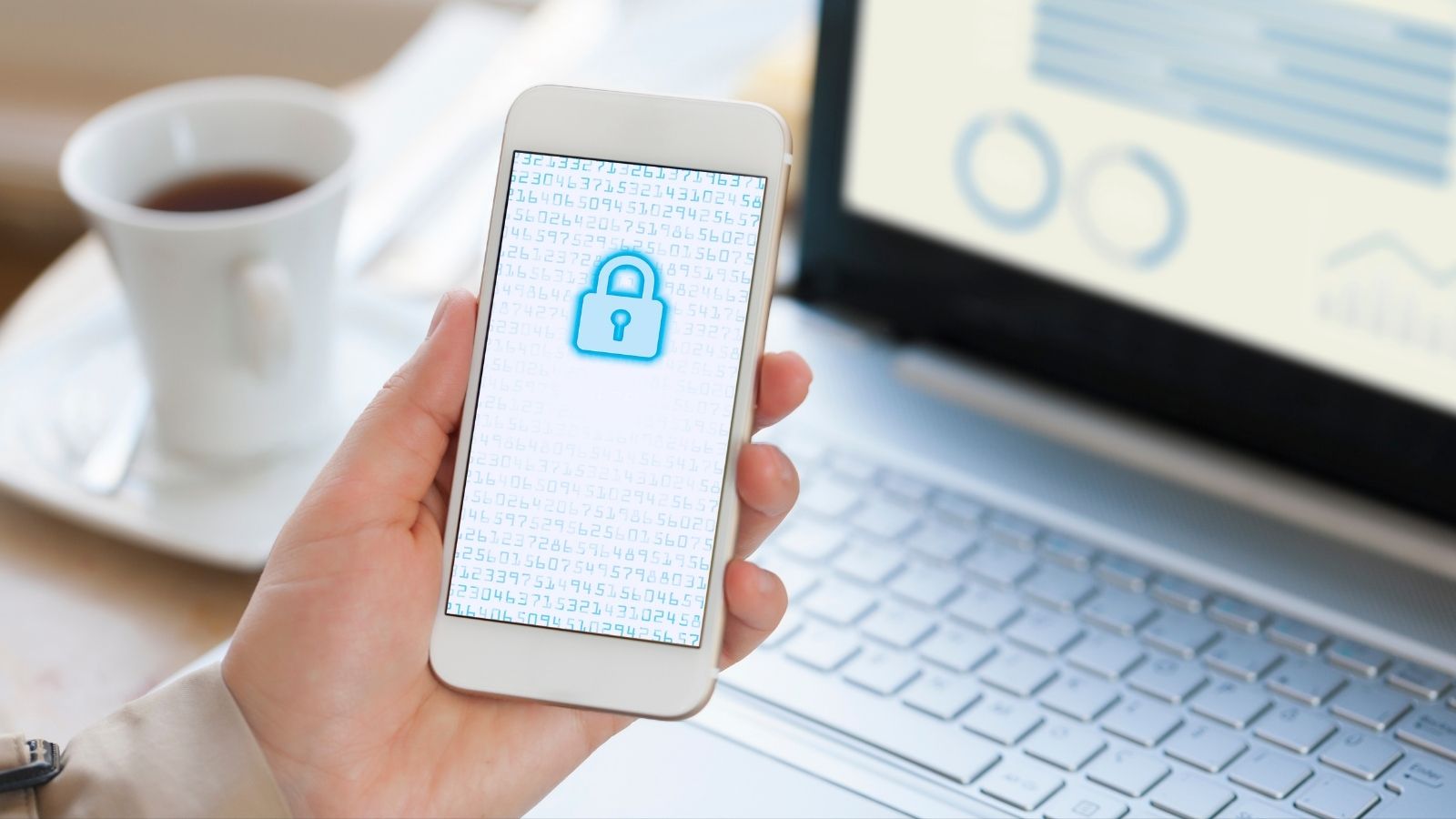
Picture this: You’re in your cozy home office in Manila, sipping Barako coffee as you log into a work meeting. Suddenly, you get an email warning that someone from a suspicious location has accessed your work account. Your heart drops.
Is your personal information safe? Are your clients’ details compromised?
In today’s digital landscape, data privacy isn’t just a corporate buzzword—it’s a lifeline for Filipino remote workers like you.
Neglecting data privacy can expose you to identity theft, financial loss, and even legal complications. That’s why UNAWA is here to help you navigate the murky waters of data protection.
In this article, we’ll explore key regulations, why they matter to you, and practical tips to fortify your data fortress. Ready to dive in? 🌊

So what does “data privacy” even mean when you’re toggling between Zoom calls and Slack messages in your home setup? In a nutshell, it’s the safety net for all the information you’re sending, receiving, and storing while working. It’s the digital lock and key for your files, chats, and even your memes. Yes, that GIF you just sent to your coworker? That’s data, too!
Now, you might think, “I’m small fries. Who would want to hack me?” Think again.
A 2022 report from the Philippine Star revealed that the Philippines ranked second globally for countries most attacked by web threats. Almost half of all cyber-attacks worldwide were aimed at us! 😱 And with the rise of remote work, those numbers aren’t decreasing, folks.
But what’s more alarming? Many remote workers don’t even realize they’re at risk until it’s too late. Whether using the same password for every account (guilty as charged) or ignoring those software update notifications, these seemingly harmless choices can make you an easy target.
Spoiler alert: Bad data hygiene can turn your dream remote job into a privacy nightmare.
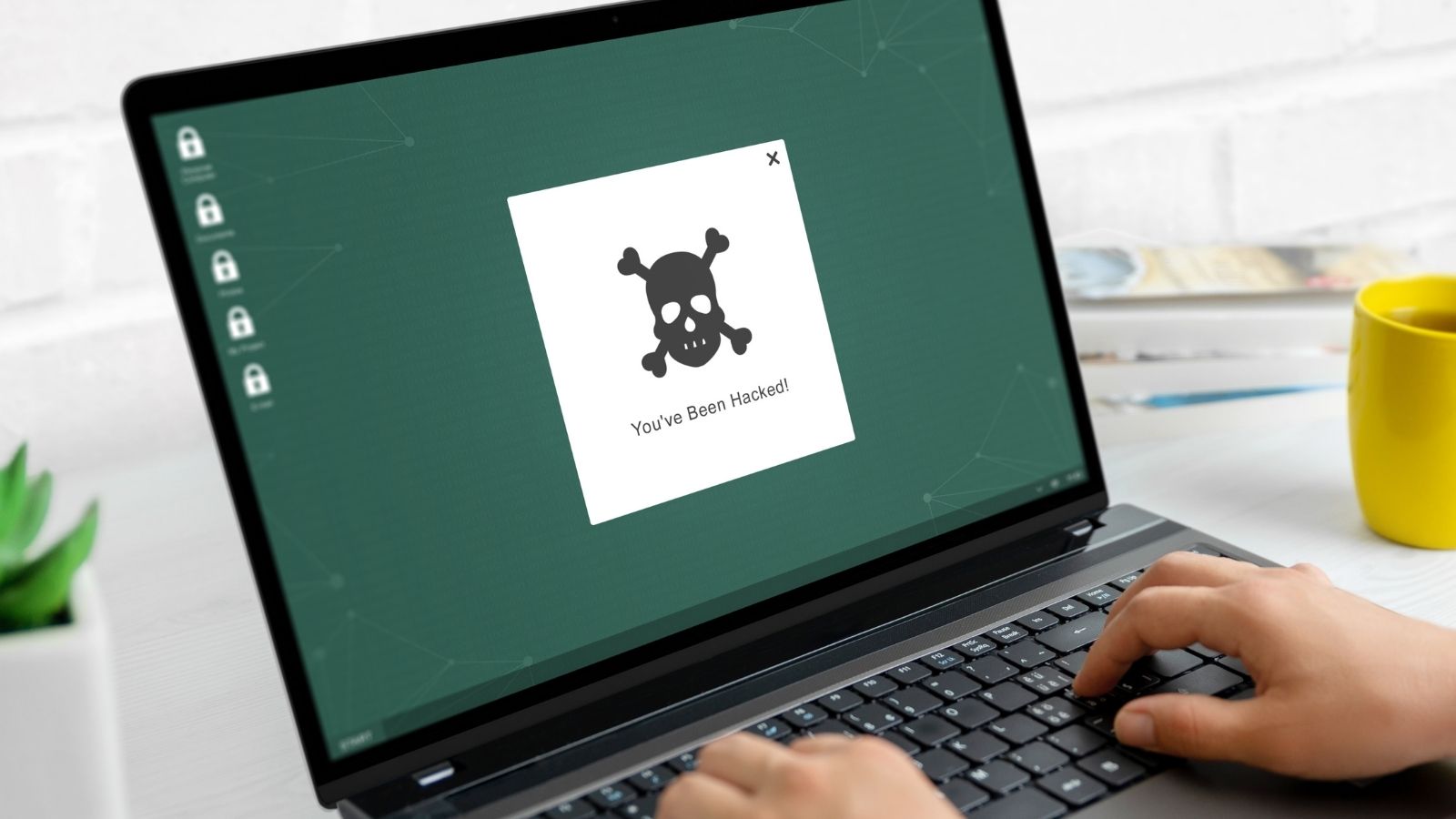
So, we’ve talked about the digital Wild West, the landscape of data privacy in remote work. Now, let’s get real. Why should you, a remote worker just trying to get through another day of Zoom fatigue, care about all this data privacy mumbo jumbo? Well, the consequences of neglecting data privacy can be, frankly, terrifying.
Ever heard of the COMELEC data breach in 2016? Yep, that was where the personal information of 70 million registered Filipino voters was exposed. Names, addresses, and even fingerprints were out in the open for anyone with an internet connection to see.
If that doesn’t send a shiver down your spine, consider this: That data could be used for identity theft, financial fraud, or worse.
Imagine you’re happily remote working and suddenly get a text saying you’ve made a large purchase. Except, wait a minute—you didn’t! That’s what happened to Anna, a remote worker from Cebu when her personal data was leaked from an online shopping site. She had to endure the painful process of reporting the theft, proving it wasn’t her, and securing all her financial accounts. “It was a nightmare,” she said, “I couldn’t focus on work for weeks.”
And if you’re thinking, “Oh, that won’t happen to me,” it might. According to a study by Unisys, 1 in 3 Filipinos had their data breached in 2021. And the remote work setup only amplifies these risks.
So, yeah, data privacy isn’t just a buzzword; it’s a full-on necessity for anyone looking to survive in today’s digital workspace, especially in the Philippines.
Okay, now that we’ve given you a good scare (sorry, not sorry), let’s move into the rules and regs here to be your digital guardian angels. No more walking in the dark; here’s the flashlight to guide you through the legal maze of data privacy.
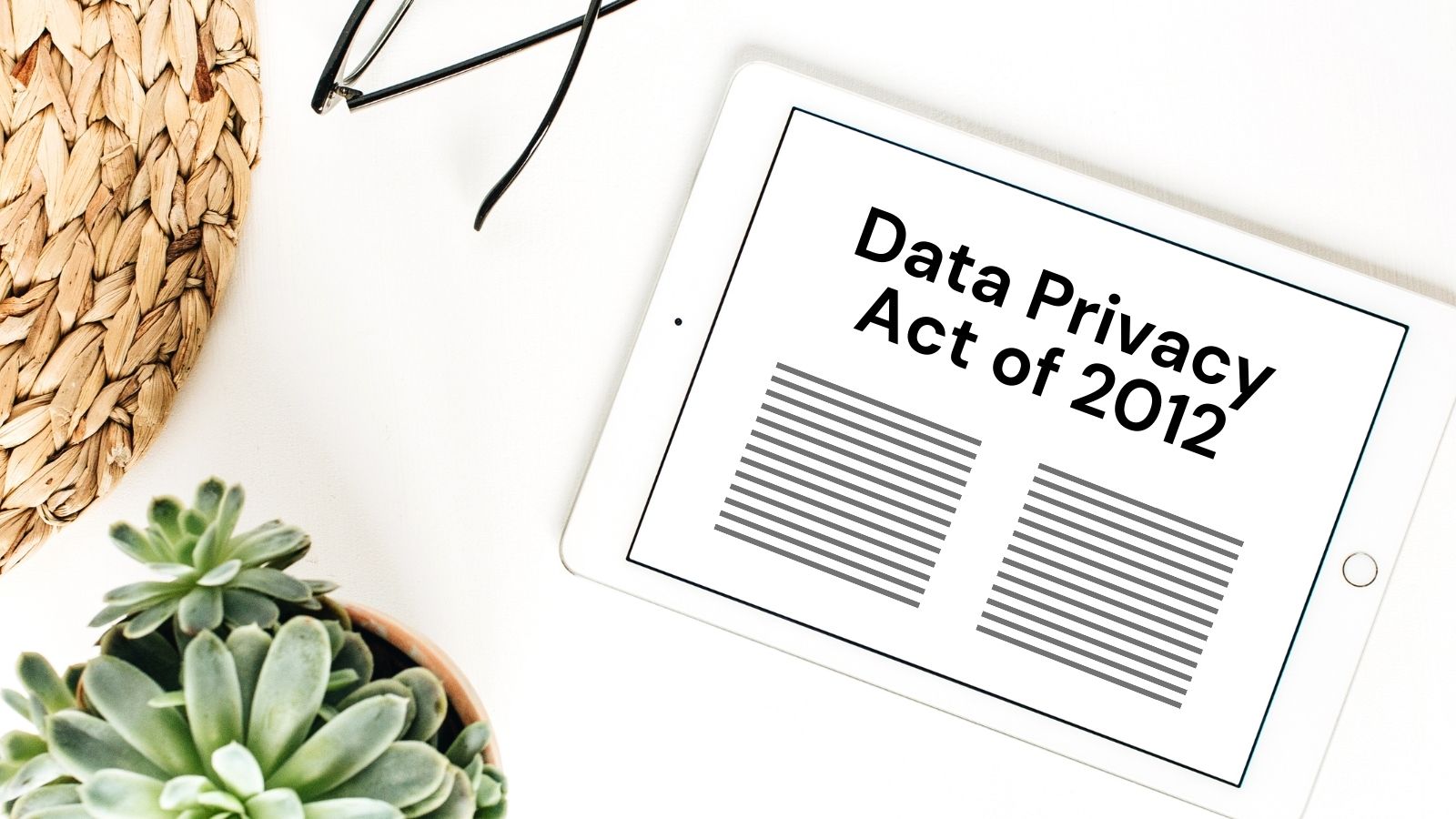
Ah, the Data Privacy Act of 2012—our national shield against data breaches and misuse. This law has a straightforward purpose: to protect your personal information from being exploited. It’s especially vital for remote workers because, let’s face it, you’re sharing files, collaborating on cloud platforms, and perhaps even using personal devices for work.
The act outlines the “dos and don’ts” for how companies should handle your personal info, like using it only for the reason it was collected and keeping it secure.
Here’s the kicker: This law also allows you to file a complaint if your personal information is misused. So, you’re not just a passive player in this digital game.
If a company doesn’t respect your data privacy, you can hold them accountable. Yep, power to the people!
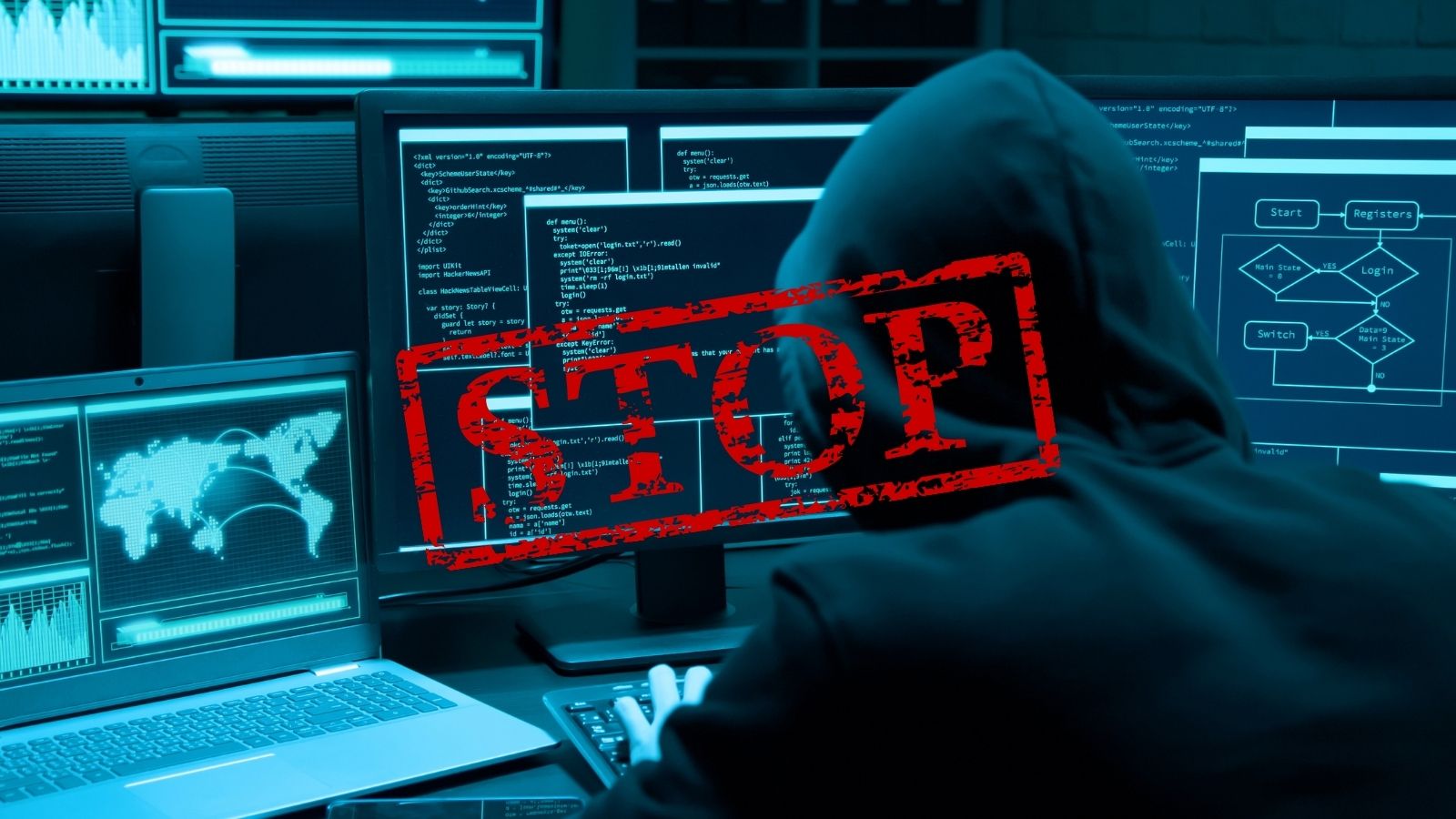
Now, let’s talk about the Cybercrime Prevention Act. Ever received one of those scam emails claiming you’ve won a million bucks? Well, this law helps authorities go after the bad guys in scenarios like that.
For remote workers, this is particularly crucial because a single act of cybercrime can disrupt your entire livelihood—think phishing, malware, or data theft.
So, the takeaway here? Ignorance isn’t bliss; it’s risky. While working online, be aware that the Cybercrime Prevention Act classifies what is and isn’t legal. And trust us, you don’t want to find out the hard way that something you’ve done (or failed to prevent) online is a punishable offense.
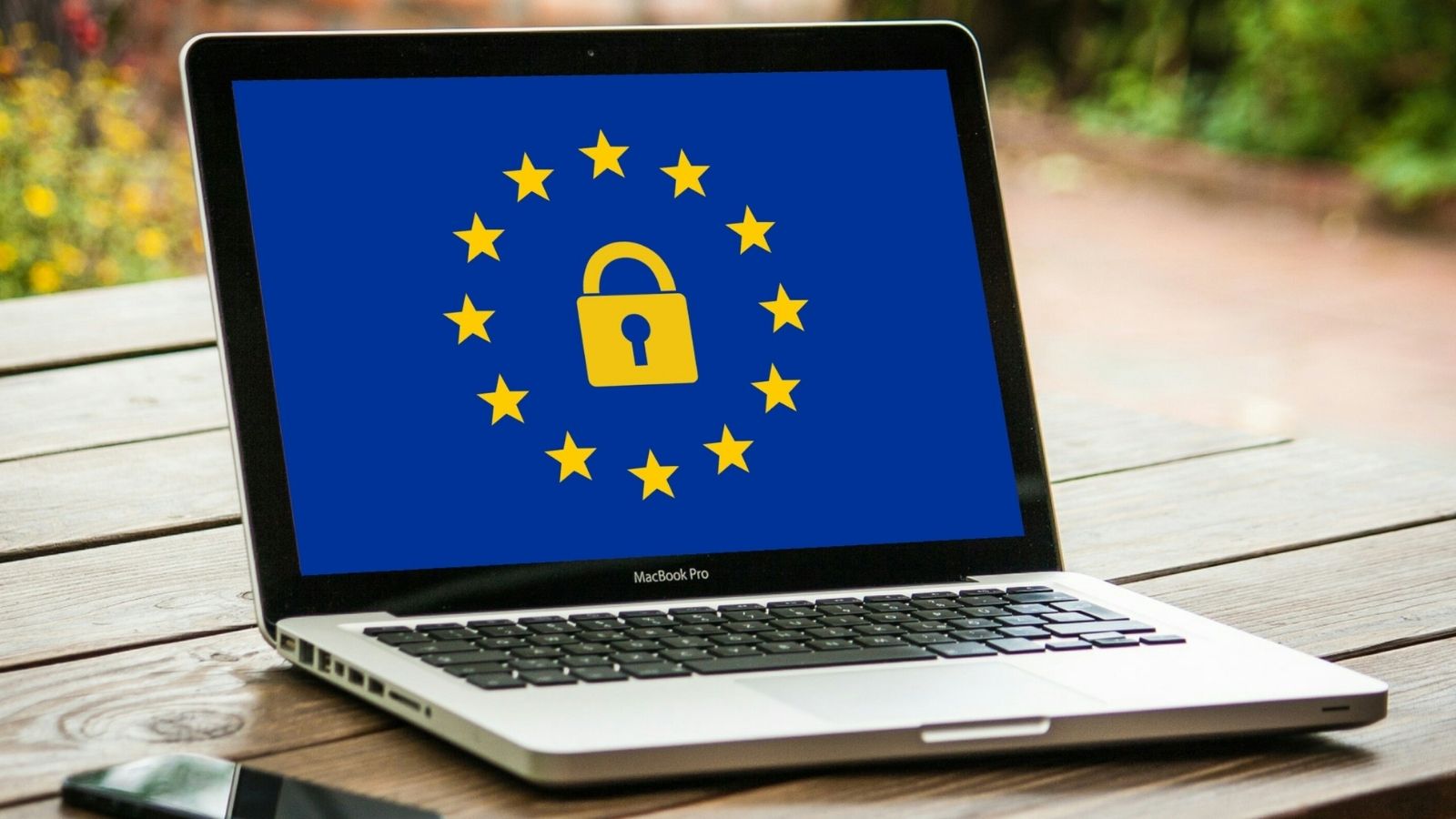
But wait, there’s more! If you work for a foreign employer, you must consider international regulations like Europe’s GDPR (General Data Protection Regulation). The GDPR is stringent about consumer data and applies to any company that handles data from European citizens—even if that company is all the way in the Philippines.
Then there’s the California Consumer Privacy Act (CCPA), which applies if your company deals with Californians’ data. This American law also has stringent requirements and steep penalties for non-compliance.
So, even though you’re working from your cozy corner in the Philippines, international laws could still impact you. Don’t assume you’re off the hook just because you’re miles away from the jurisdiction.
So, there you have it—the nitty-gritty laws that keep your online life in check. Knowing what’s up legally can save you from a world of hurt, whether local laws or global regulations.

Think compliance is only the company’s problem? Think again. Even as a remote worker, data privacy is your responsibility, too. It’s not just about the company following rules; it’s about you ensuring that the data you handle is secure.
Companies provide the tools and guidelines, but you click the mouse and type on the keyboard at the end of the day. If a data breach occurs because of your actions, you and the company face the consequences. So, the responsibility for data protection isn’t a one-way street; it’s a shared road that the company and its remote workers must navigate carefully.
So, you now understand that data privacy is a shared responsibility and should not be taken lightly. But knowing is just half the battle—action is the real game-changer.
Lucky for you, we’ve already covered the must-know tips for protecting your data and the tools that can help you work remotely yet securely. Want to know how to set up a VPN, why multi-factor authentication is crucial, or which secure file-sharing platforms to use? Dive into our previous article on Keep Calm & Protect Your Data: Remote Work Edition.
Looking for more specific advice on digital security? You’ll want to read our previously published article, “Don’t Be Fooled: How to Spot Digital Forgery.” This guide is particularly relevant in today’s climate and shows how UNAWA’s tools can help you discern what’s real from what’s not in the digital world.
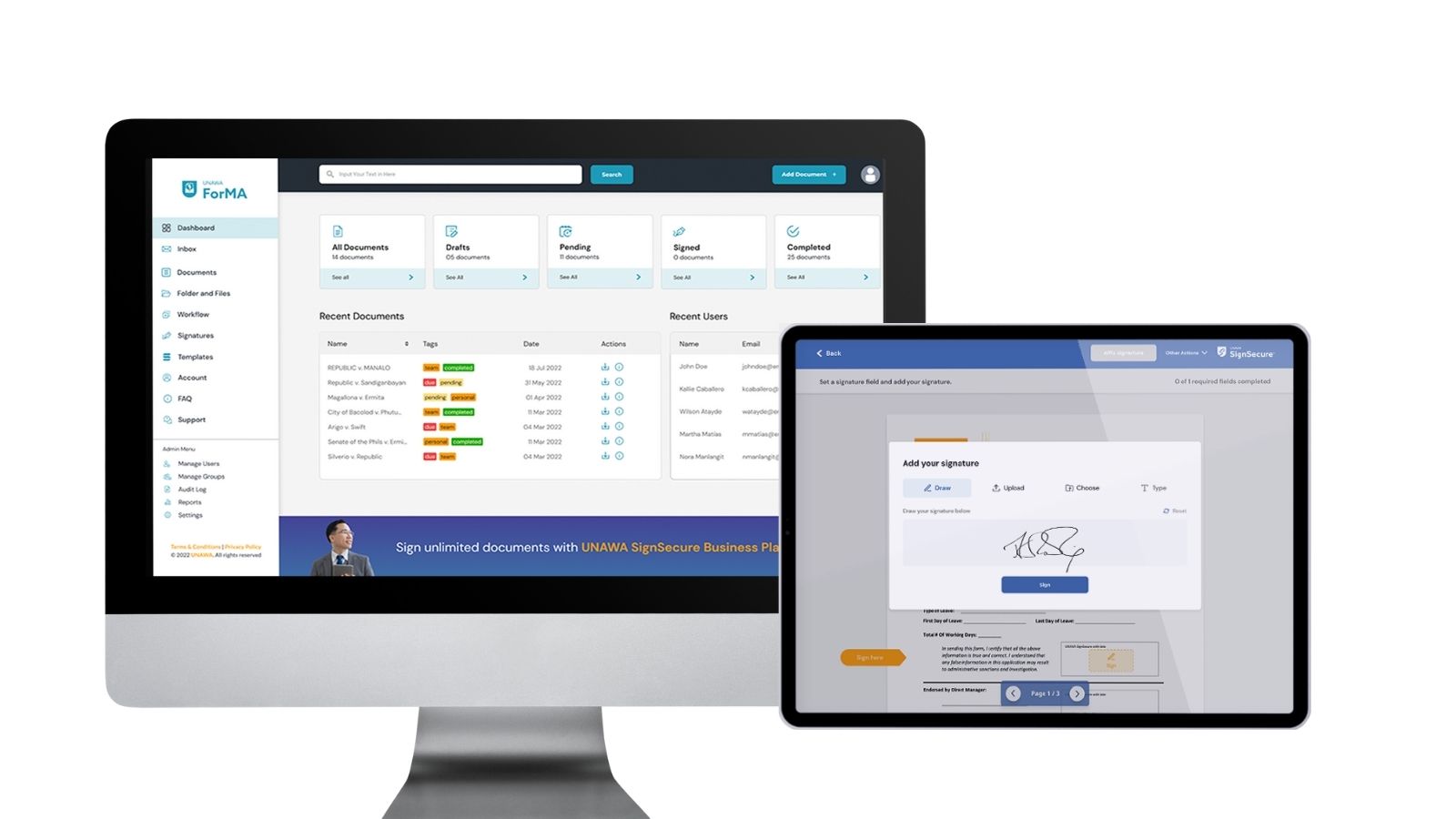
Alright, let’s face it—navigating the maze of data privacy regulations can be overwhelming. But guess what? It doesn’t have to be. UNAWA provides straightforward, actionable solutions that make compliance a breeze for companies and individual remote workers like you.
So why navigate compliance alone? Take a smart shortcut and explore UNAWA’s services, including SignSecure and ForMA. We simplify the complicated, secure the vulnerable, and ensure you’re on the right side of the law. Ready to elevate your compliance game? Click here to learn how UNAWA can make a difference for you today.
Here’s the deal: Data privacy isn’t a “nice-to-have”—it’s a must-have, especially for Filipino remote workers. Whether it’s sensitive company data or your personal information, one leak is all it takes to wreak havoc. The digital era is incredible, but it’s also a double-edged sword.
Don’t miss out on securing your digital life. Dive deeper into the world of data privacy with UNAWA. Click here and take that crucial step toward a safer, more secure remote working experience.